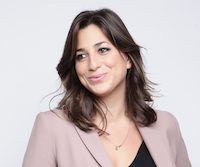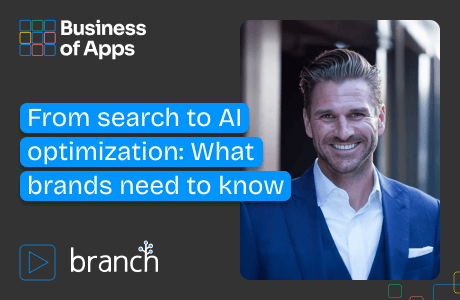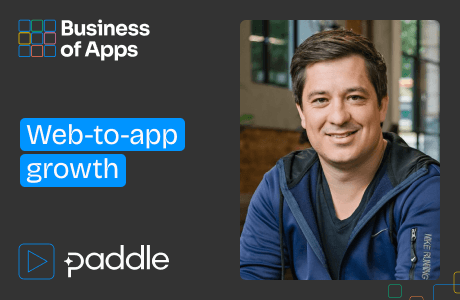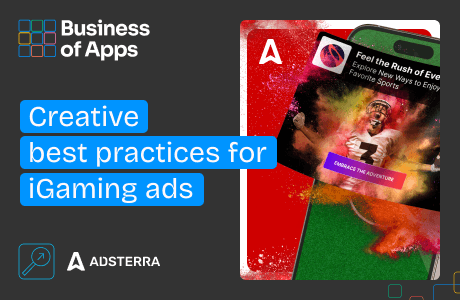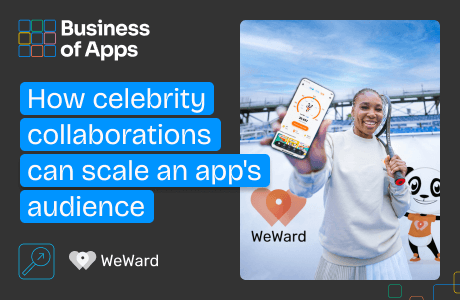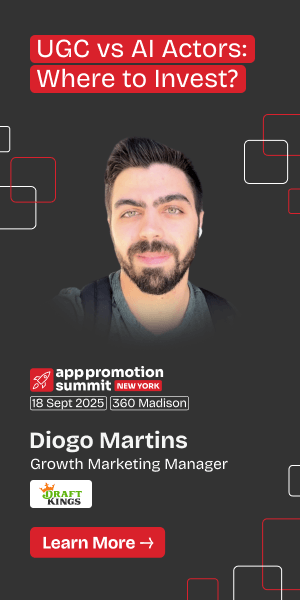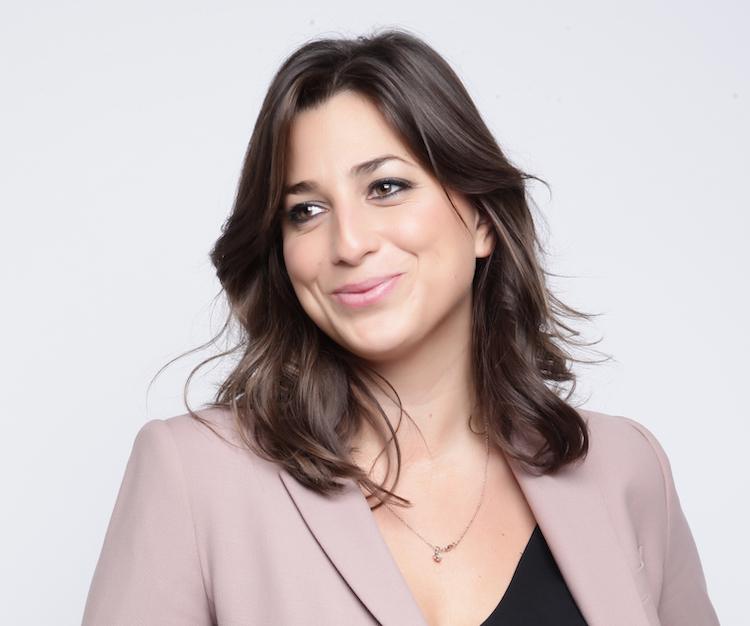
Anna, please give our readers a bit of your background, tell us about yourself.
I started off as an English and History student at Edinburgh University. At that point I had no idea what I wanted to ‘be’ in life, but I gravitated towards creativity, people and new ideas. I spent a lot of my time writing and at the Edinburgh Festival. My first experience of EdTech came from the family business, which was led by my mum. She had dedicated a great deal of her professional life to educating women. I had always admired her fire and belief in social justice. Looking back, it was actually these early experiences of business that taught me about the intrinsic value of entrepreneurship and making a difference to people’s lives.
After being a Commercial Director of Lynda.com what did you bring to Code First: Girls?
Firstly, you live and die by the quality of your product. Lydna.com was often described as the Apple of video content. They invested heavily in studio quality production, expert instructors and had a keen understanding of future technology trends. I want to bring that learning into CF:G and have already started to increase the quality and relevance of the CF:G curriculum.
Secondly, Lynda.com was a cult consumer brand that transitioned into a successful B2B play. That is the holy grail in EdTech, and was an important element in the multi-billion dollar valuation. B2C tech companies are often ahead of the curve precisely because they represent consumer choice. There comes a critical tipping point, where you can create a virtuous circle between B2C and B2B. CF:G has built one of the largest communities of users in the UK and is often described as a youth movement brand. The time is ripe to work more strategically with companies in order to connect our community to opportunities in the tech sector.
What are the biggest achievements of the Code First: Girls program can you name today?
We have a campus presence in over 40 universities across the UK, including 80% of the Russell Group. We are currently supplementing a plethora of degree disciplines with tangible coding education.
We have enrolled over 10,000 women in free coding courses across the UK, resulting in 60% increased engagement with tech careers.
We have helped corporations to train 26,000 girls to code across 30 countries by supporting major CSR initiatives.
We have helped companies to educate and connect women to employment opportunities in the tech sector across the UK
What are the challenges do you see for the program?
A major challenge when you are delivering at scale is to ensure quality and consistency whilst maintaining an innovative startup culture. There is a danger of getting so bogged down in the day-to-day that your people, and vicariously your company loses sight of the bigger picture. I am a big fan of agile management, internal pitch contests and individual ownership. I want to create a culture where we iterate and grow everyday, both as a business and as individuals.
Can you share some of your plans for Coding First: Girls?
Firstly, we will connect our community to employers and tangible economic opportunities by understanding the skills required in tech roles and aligning that with our education programmes. Secondly, we will increase the depth, breadth and relevance of technology education available to employees and individuals. CF:G will work more with corporations who want to increase diversity in employability, mobility and digital capability. The focus will broaden from coding, to address the challenges women may face as an employee or future leaders in the technology sector.Thirdly, we will take our solutions online, to reach a larger and more diverse audience of women.
What social media platforms do use actively? What are your thoughts on the current state of social media companies like Facebook, Twitter?
I use Twitter and LinkedIn for professional purposes, I use Facebook and occasionally Instagram with family and friends. I think when you have worked for a social media company you tend to go one of two ways – share more, or share less. I was part of the first wave of Facebook users, back when it seeded as a network exclusively for universities. At that point, sharing amongst my friends was rife because there was a psychological perception of safety and comfort within the network. As I got older I started to really value my privacy and shared less in a personal capacity. In my opinion, more needs to be done to prevent data being harvested and potentially misused as we have seen in recent political campaigns. In the current climate, I’d really like to see more from the platforms in tackling hate speech and inciting harm towards others. In many ways the law is just catching up and we need to see big change.




